What You Should Know About Diesel Transmissions
Diesel vehicles are known for being modern-day workhouses. Diesel engines are powerful enough to pull the heavy loads that other engines can't seem to handle. However, there are quite a few reasons why these vehicles are so powerful. One of the many secrets behind their power is how diesel transmissions work.
The Importance of Torque Converters
Most diesel transmissions have what is called a torque converter. This converter helps transfer power from the engine to the transmission. A fluid coupling between the engine and transmission ensures the power is delivered seamlessly, ensuring your diesel vehicle can handle whatever you throw at it.
The Most Common Types of Transmission
Diesel vehicles are available in the same two types of transmission that gas vehicles are: automatic and manual. Manual transmissions require you to push on a clutch and manually shift gears as the vehicle speeds up or slows down. Automatic transmissions handle that job for you, so all you have to do is drive.
The Need for Power Take-Off Systems
It's becoming increasingly common to see an additional power take-off system included with a transmission. This is especially popular among commercial vehicles or those hauling heavy loads. This system takes some of the power from the transmission to other vehicle components, like a hydraulic pump.
Your Transmission's Maintenance Requirements
Every time your diesel truck shifts into a new gear, it generates heat and friction in the clutch pack. This can make you go through transmission fluid faster. The additional stress most people put on diesel vehicles can cause your transmission to wear out more quickly. You may need the transmission filter changed more often than other people. It's essential to work with a mechanic with experience in
diesel transmissions to perform proper maintenance.
The Evolution of Diesel Transmissions
While that's the basic concept of diesel transmission, the world of diesel continues to evolve to include more products and transmissions. Factory transmissions are known for going out sooner than others, so many upgrade them. Special transmissions are designed for various applications, including a workhorse and a drag car. Upgraded versions are available to ensure your transmission is also compatible with a turbocharger.
Regular maintenance and prompt repairs are necessary to keep your vehicle functioning properly. According to the Environmental Protection Agency (EPA), routine maintenance and repairs will increase fuel efficiency by up to 15% if your vehicle has issues because of the transmission. Contact Richmond Transmission & Auto Service when you're ready to schedule an appointment.

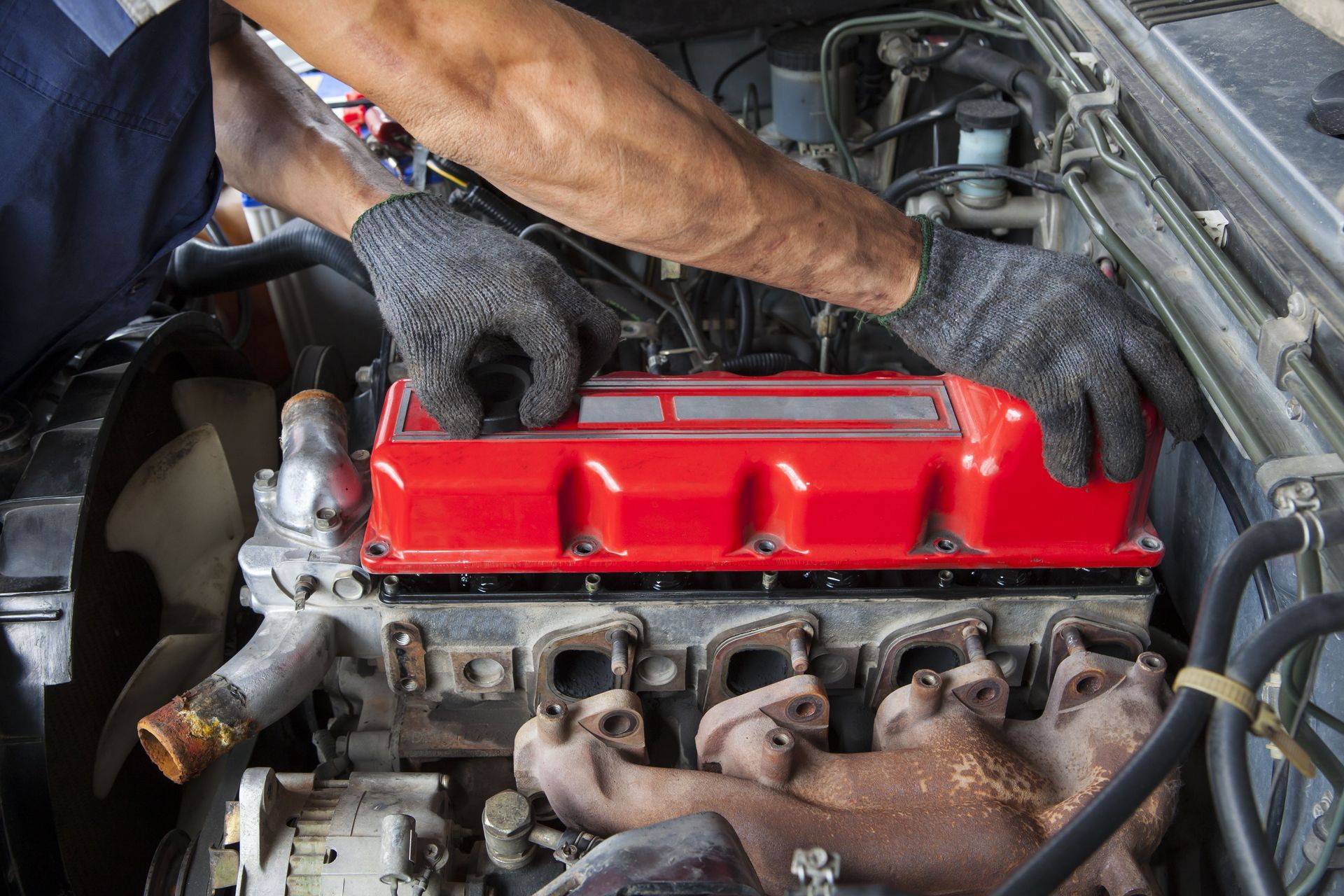
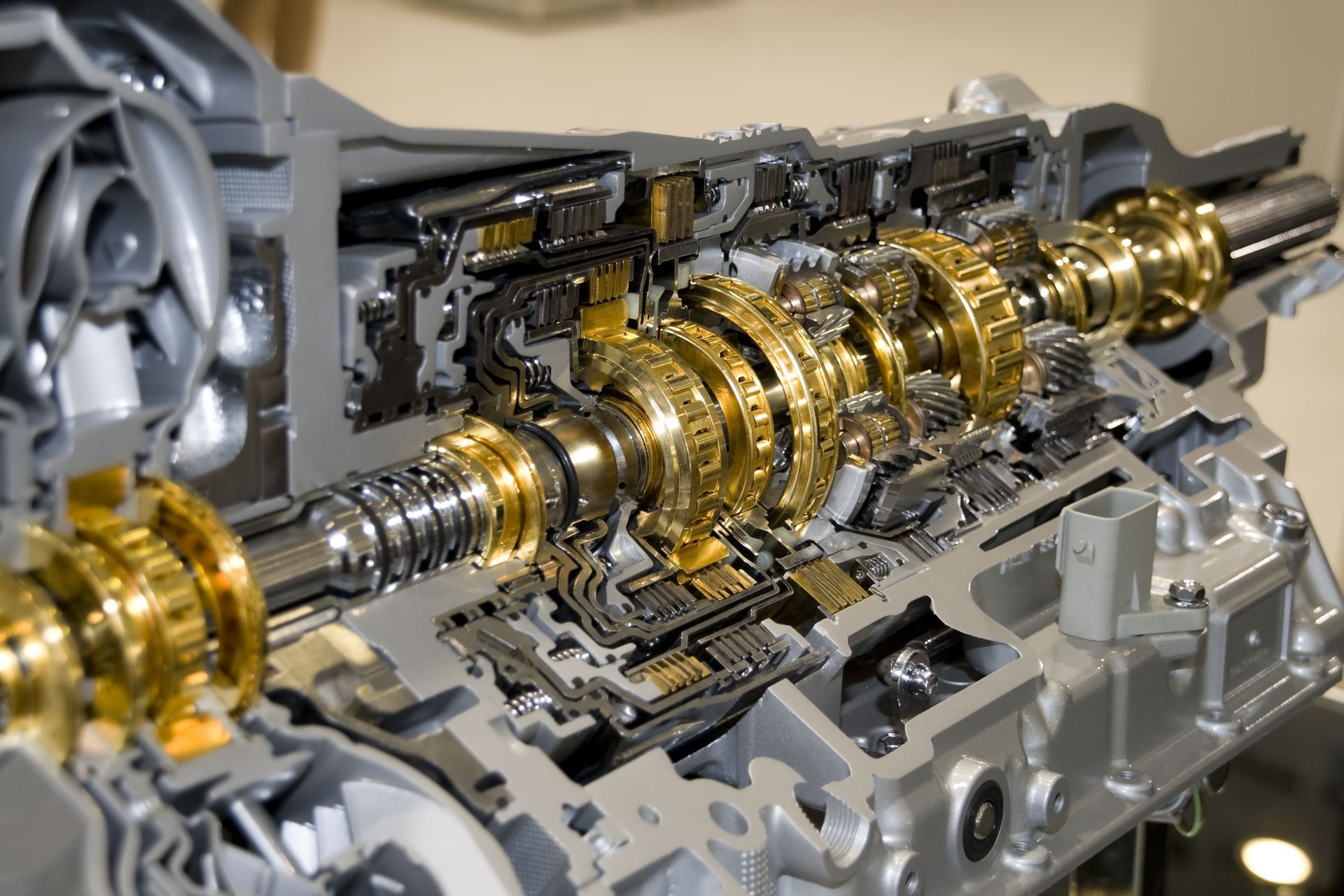
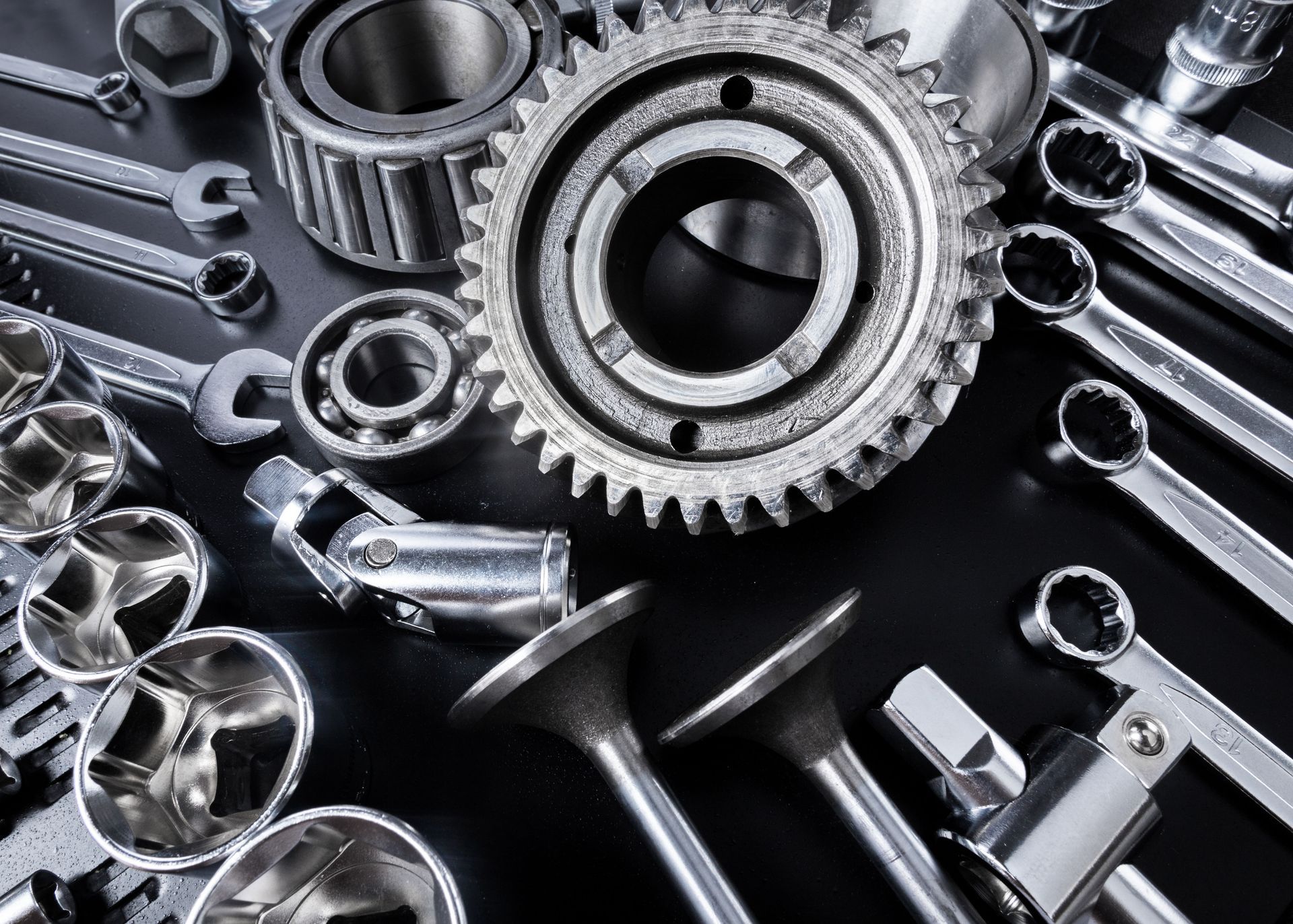
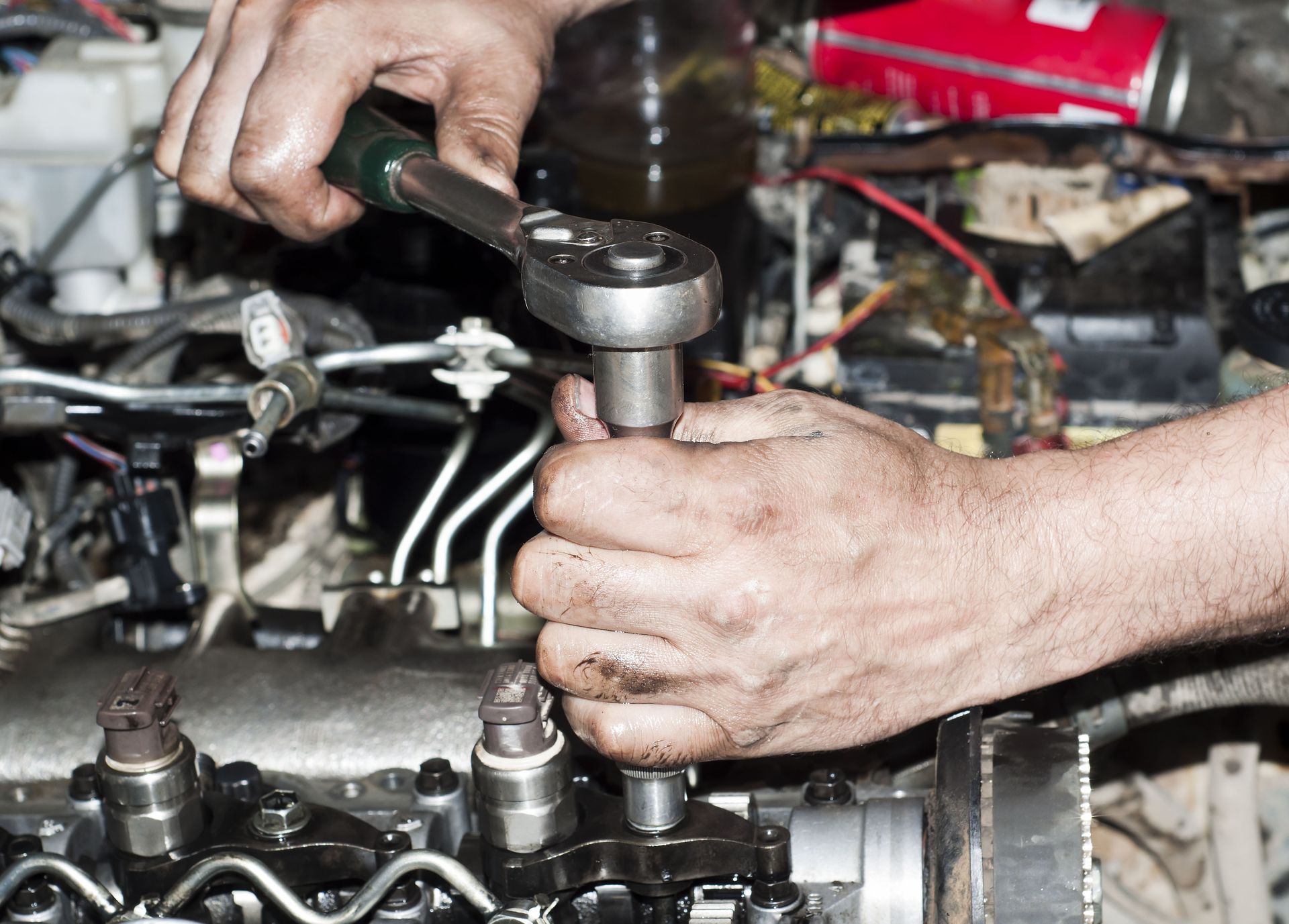
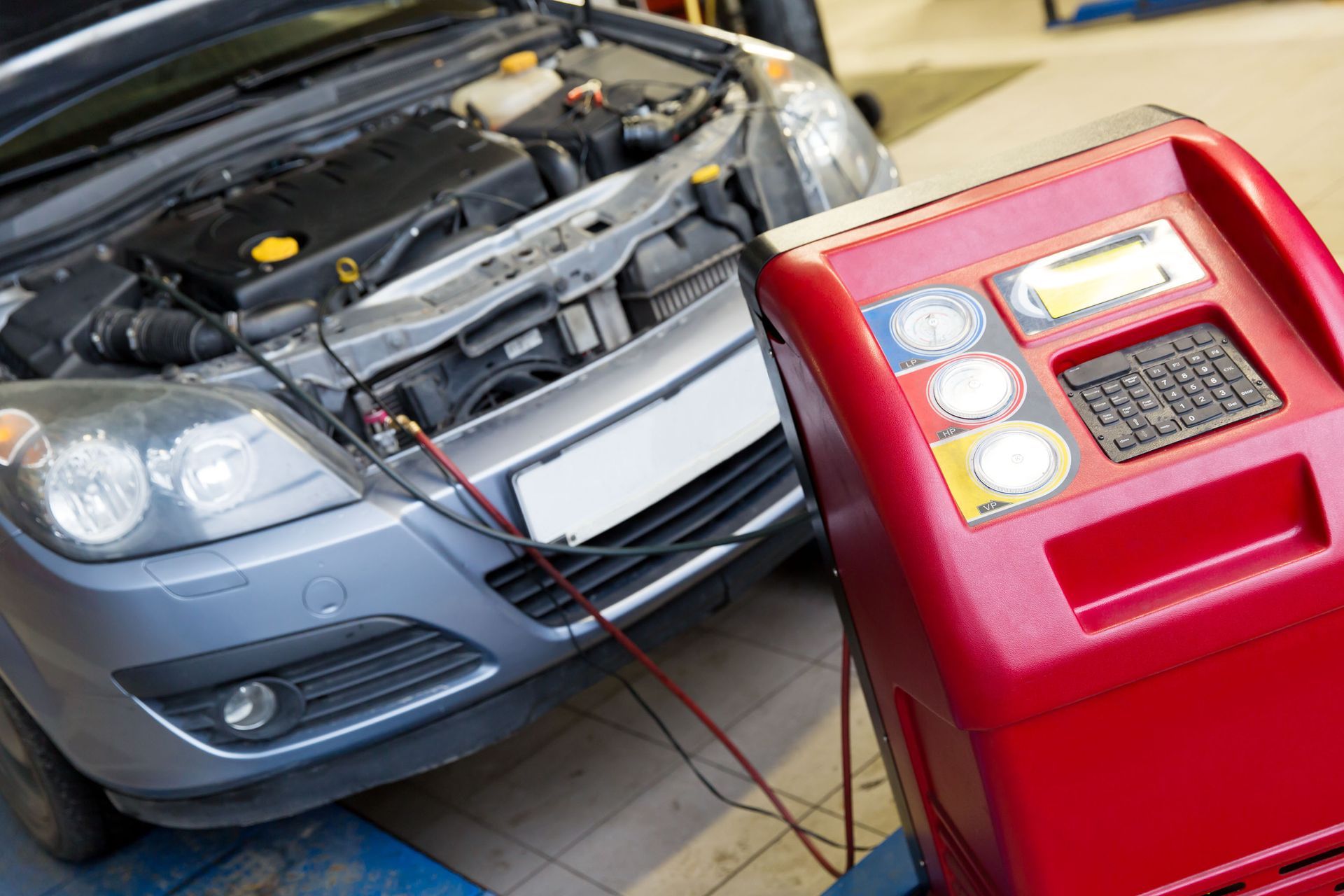
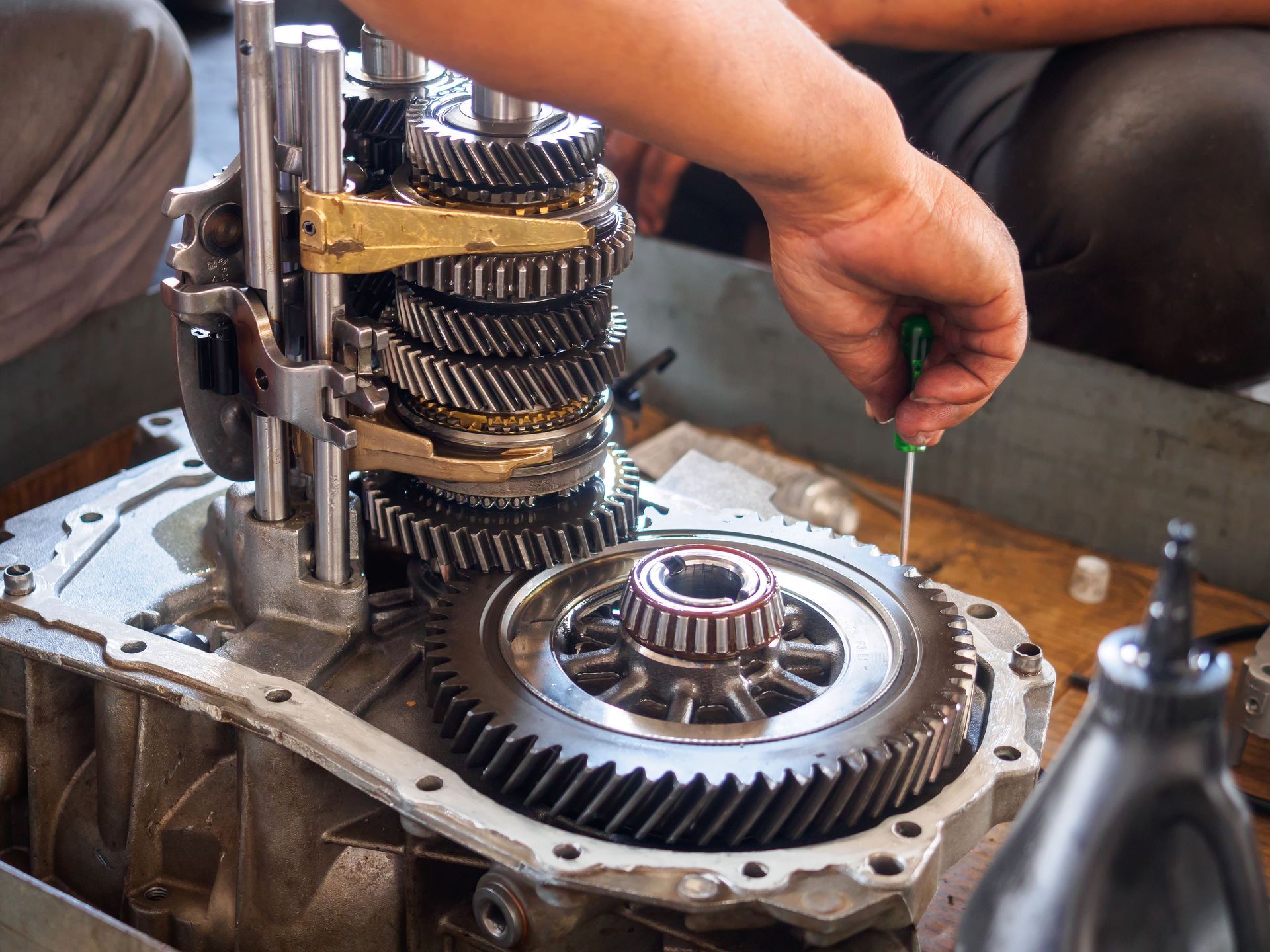

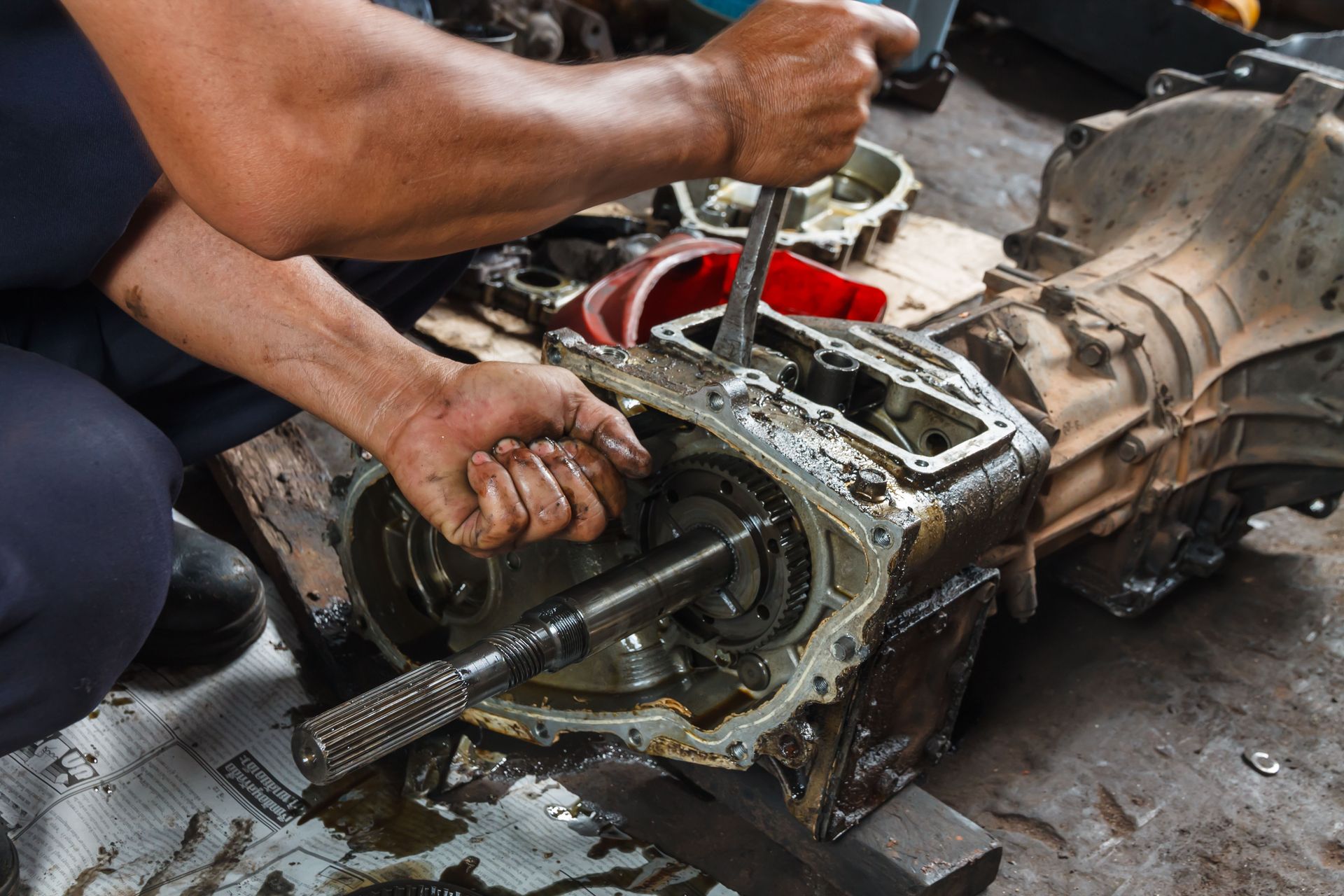
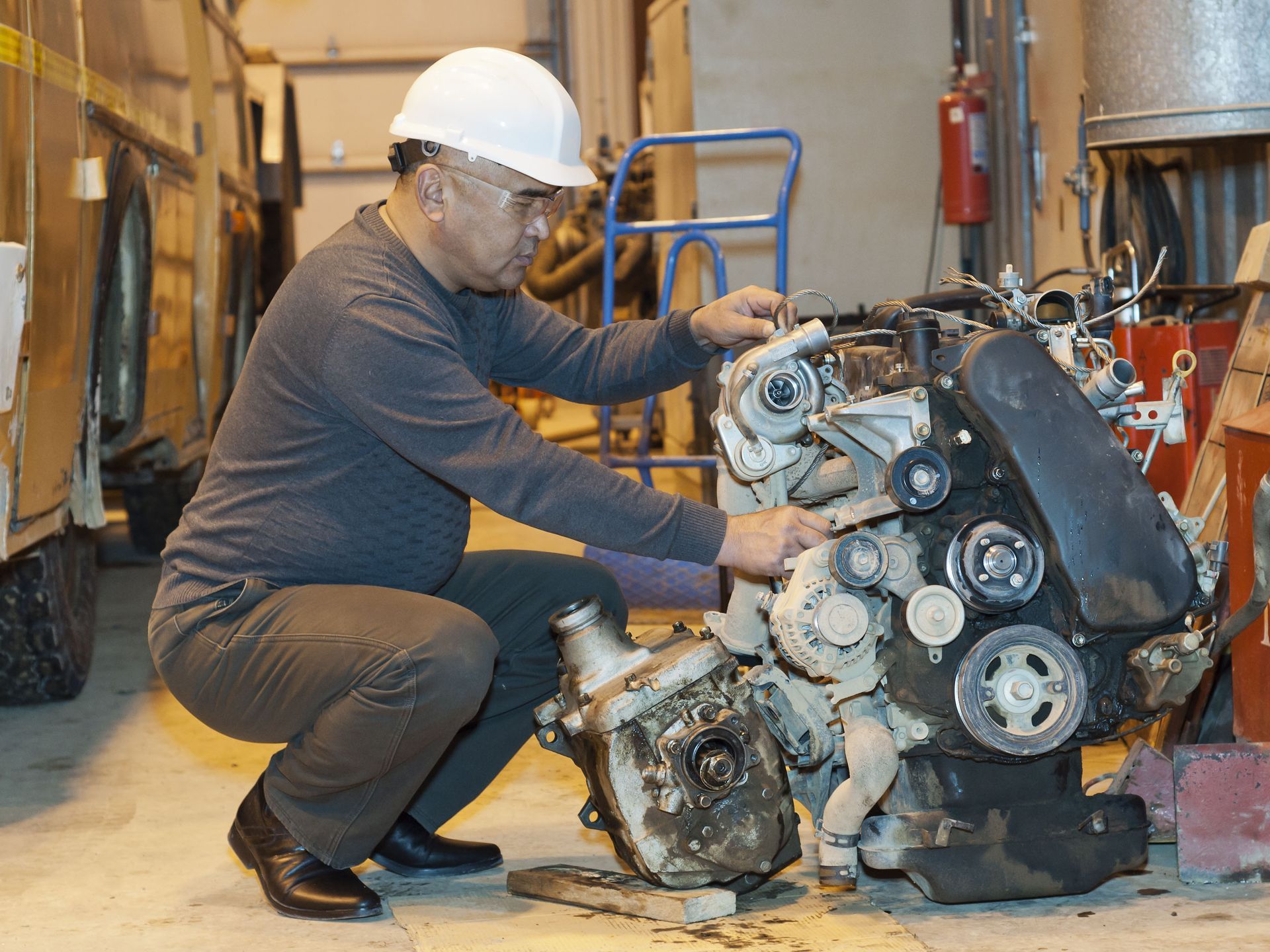
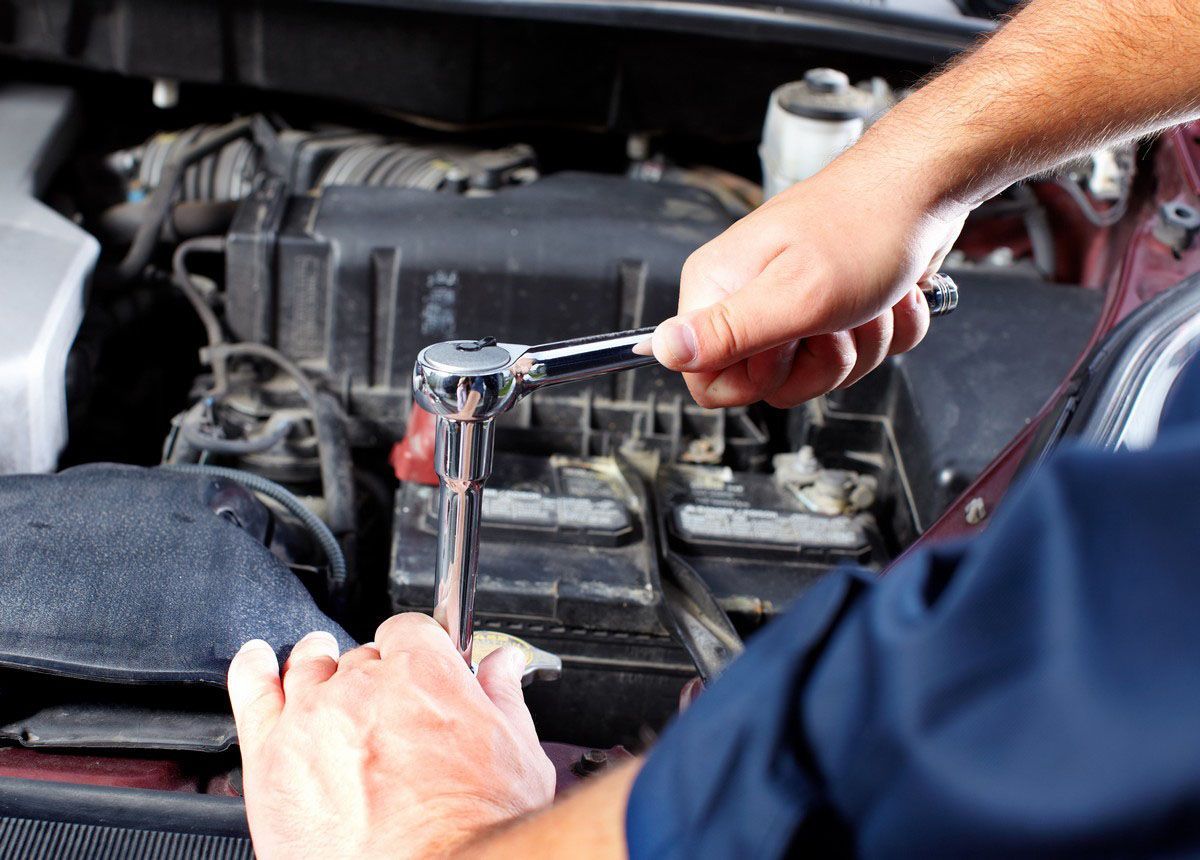











Share On: